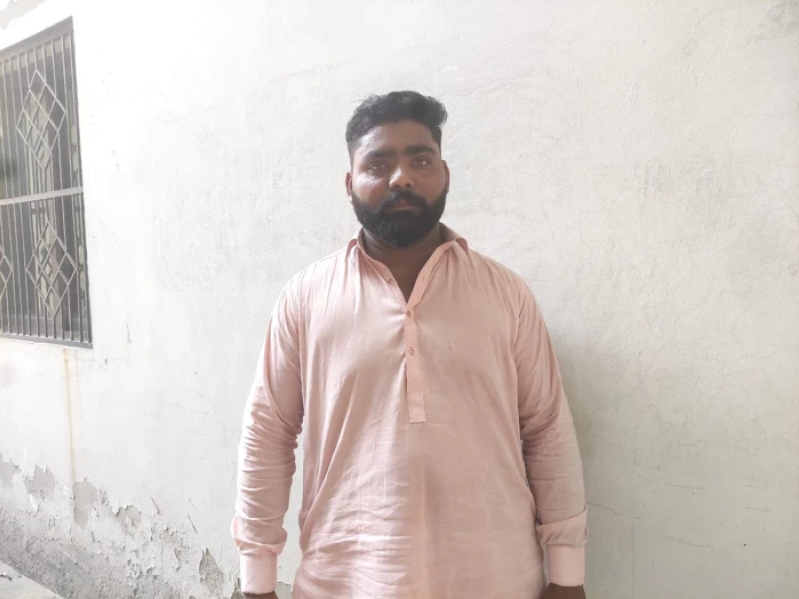
A Pakistani Christian man has won a significant legal battle to reclaim his religious identity after being falsely registered as a Muslim, bringing attention to the challenges faced by religious minorities in the country.
Sufyan Masih, a 24-year-old Christian worker, discovered that his religious status had been changed without his consent. His employer had fraudulently registered him as a Muslim on his national identity documents, making it nearly impossible for him to correct the record on his own. This misrepresentation not only stripped him of his religious rights but also placed him in a vulnerable position where he was subjected to forced labor.
A Fight for Identity and Justice
According to The Christian Post, Masih’s employer justified the change by falsely claiming that he had "adopted" him, allowing for an unauthorized alteration of his religious status. Due to his family's illiteracy, Masih was unaware of the change until he later needed official documents.
In Pakistan, altering religious identity is an uphill battle, particularly for non-Muslims. The national registration system often assumes that individuals labeled as Muslims cannot revert to their original faith. Many face bureaucratic resistance when seeking corrections, as authorities tend to view such cases as attempts to renounce Islam rather than rectify errors.
Masih’s legal victory is a rare success in a country where religious minorities frequently encounter systemic discrimination. His case underscores the urgent need for safeguards to prevent identity manipulation and ensure that individuals have the right to maintain their faith without coercion.
A Step Toward Religious Freedom?
Masih's triumph offers hope for others facing similar struggles. While his case is a win for religious freedom, it also highlights the broader issue of identity manipulation in Pakistan. Many Christians and other minorities live in fear of forced conversions, job discrimination, and legal obstacles that restrict their rights.
His legal success serves as a reminder that the fight for religious freedom continues. Advocacy groups have called for stronger protections and legal reforms to prevent future cases like Masih’s.
While this ruling is a step in the right direction, many believe that more needs to be done to protect religious minorities from systemic injustices in Pakistan.







